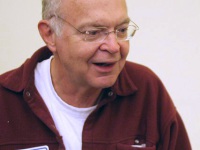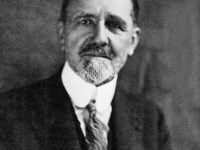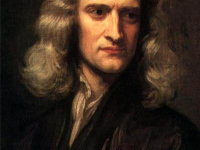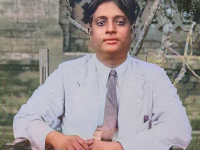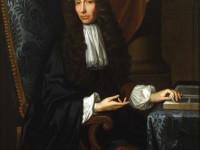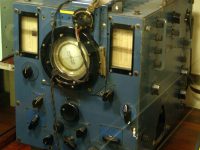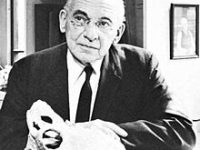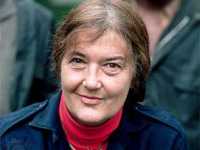Donald Knuth and the Art of Programming
On January 10, 1938, computer scientist Donald Knuth, developer of the seminal computer science textbooks ‘The Art of Computer Programming‘, was born. He is also widely known for his development of the TeX typesetting framework and the METAFONT font definition language. Actually, Donald Knuth is one of my personal heroes in computer science. The very day I started to study this subject, his textbooks had already become a sort of ‘holy bible’ when…
Read more

